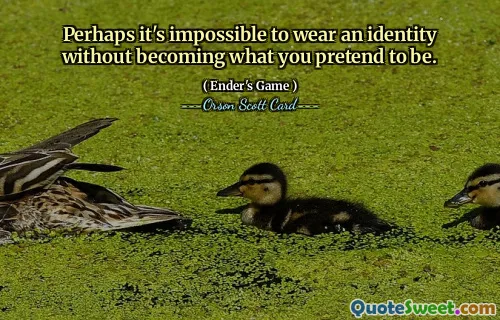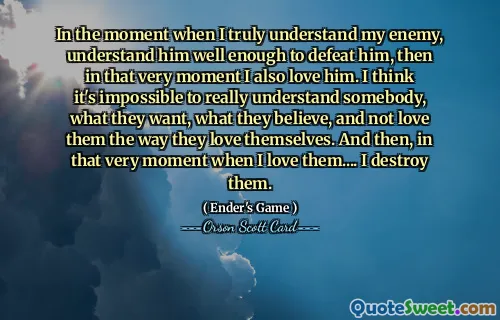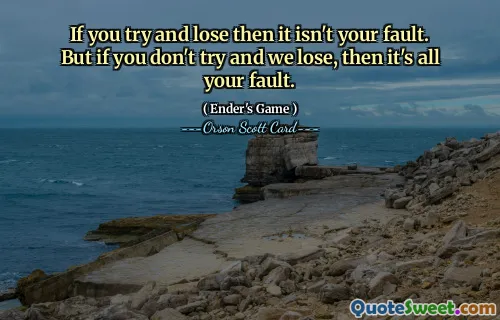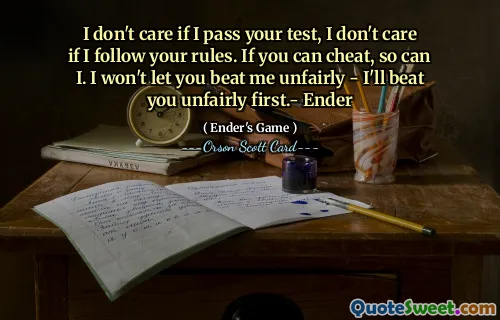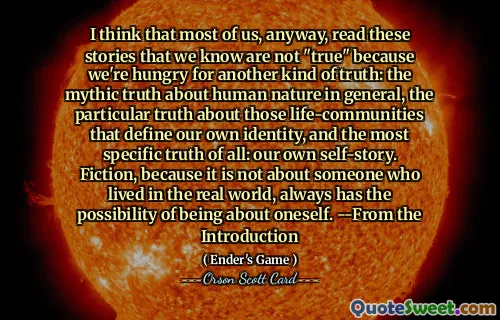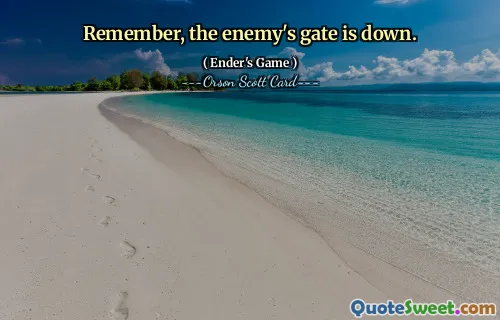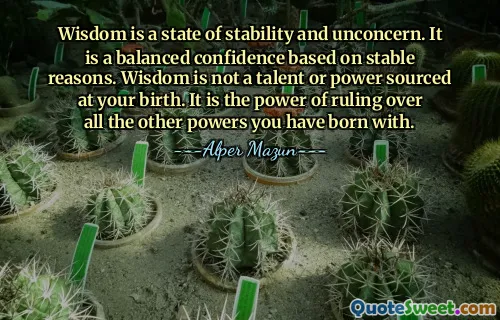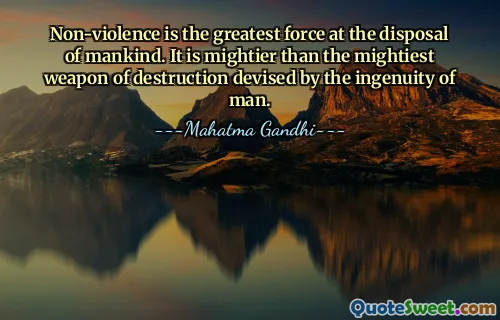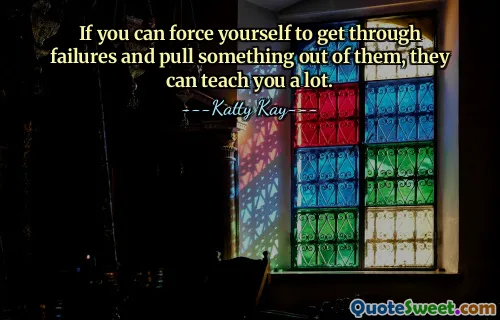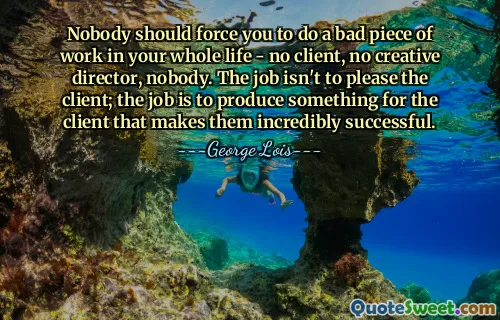
Ender didn't like fighting. He didn't like Peter's kind, the strong against the weak, and he didn't like his own kind either, the smart against the stupid.
In "Ender's Game," Ender Wiggin grapples with his feelings about conflict and competition. He disapproves of the nature of strength, particularly in situations where the strong dominate the weak. This moral stance reveals his deep sense of empathy and fairness, emphasizing the toll that such battles take on all involved. Ender feels increasingly uncomfortable with the idea of power being used to oppress others, reflecting his internal struggle with the expectations placed upon him in a warlike society.
Additionally, Ender's critique extends to the dynamics within his own group, as he perceives a disturbing tendency for the intelligent to exploit the less capable. This duality of strength, whether physical or intellectual, provides a poignant commentary on the ethics of leadership and conflict. Through Ender's perspective, the narrative challenges traditional notions of victory and valor, urging readers to consider the moral implications of their actions in a world defined by competition and power disparities.
